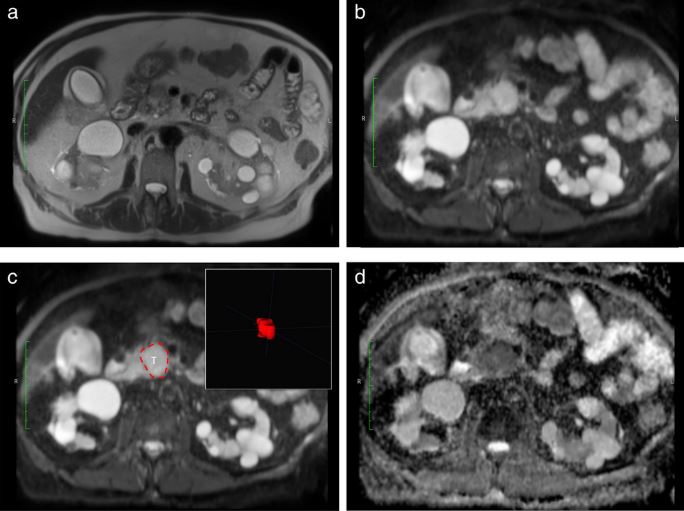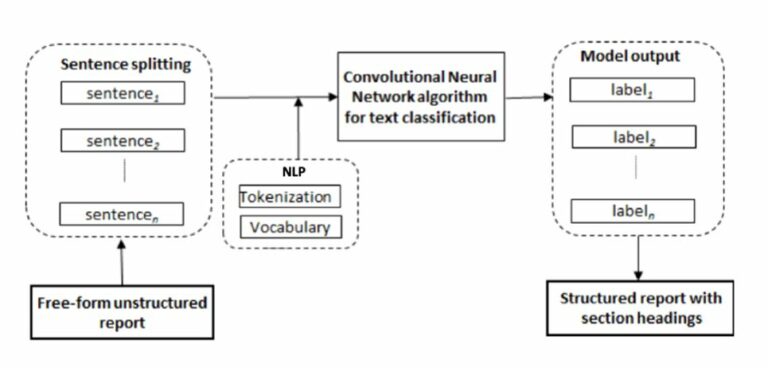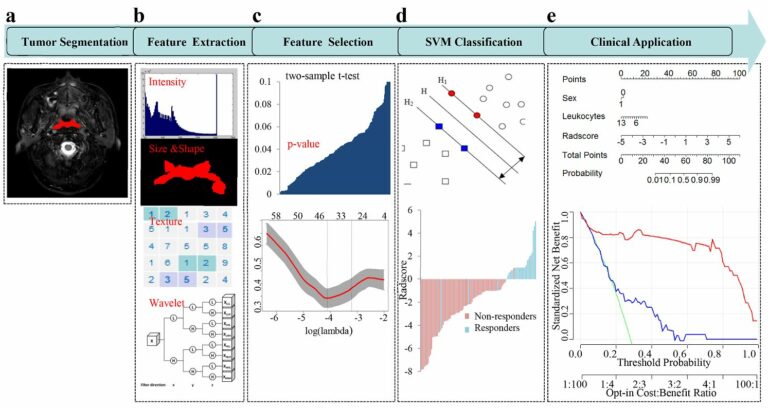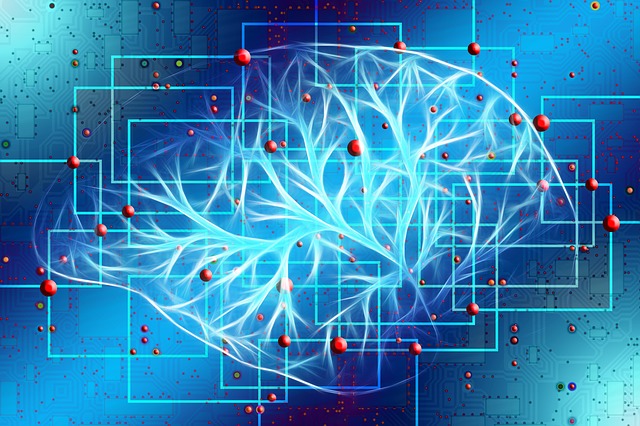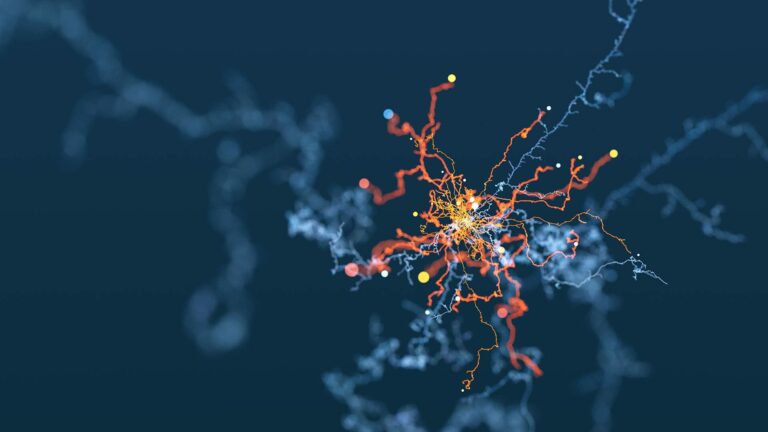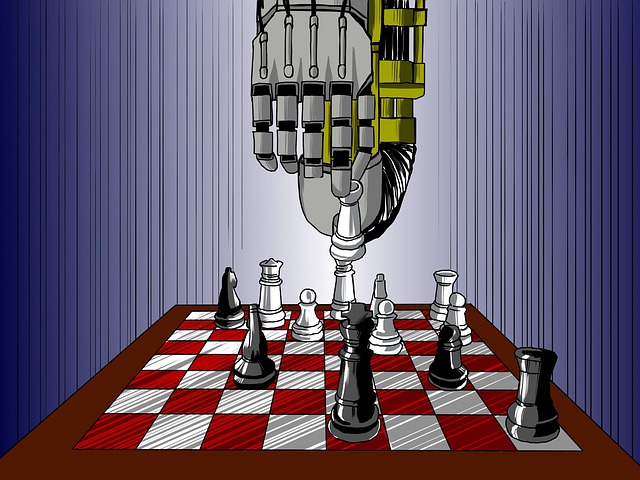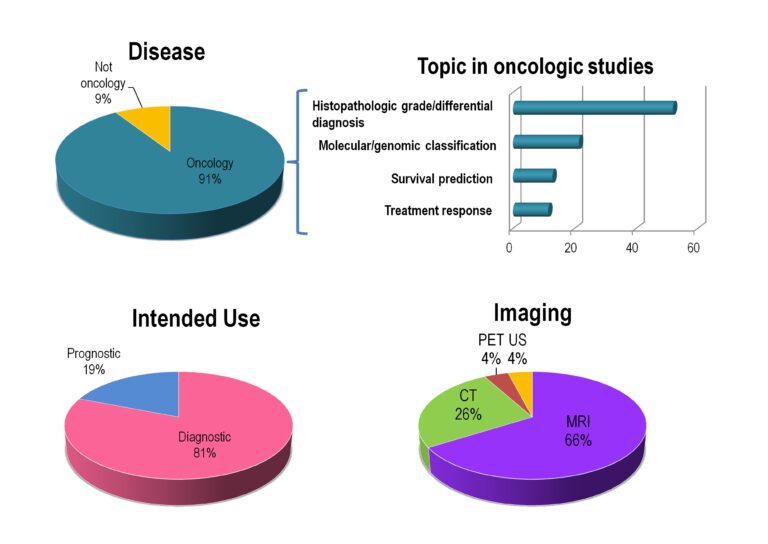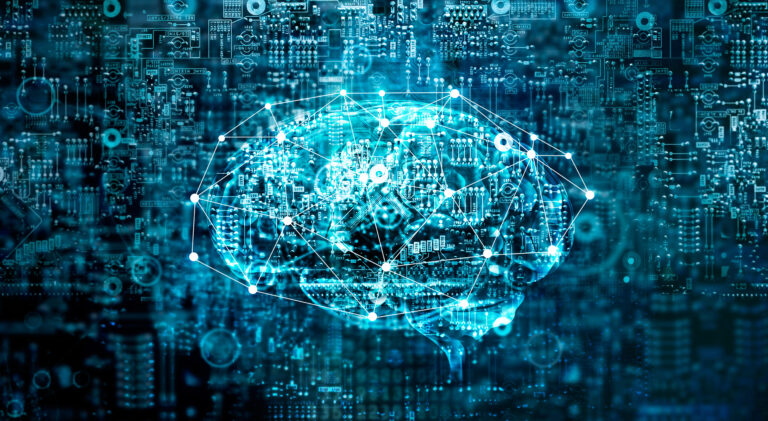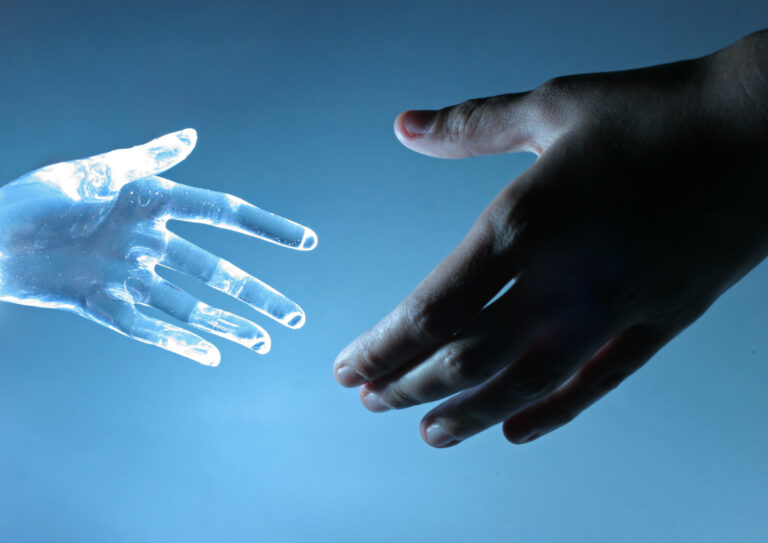
Why I Stopped Worrying And Love The Intelligent Machine
The future will always be just that…until it becomes the present. That is especially true when the future involves science. What if science fiction has a way of turning – suddenly – into scientific fact? Like flying machines and spacecraft, one day they existed only in theory, and the next, they became a reality. At the annual meeting of the










